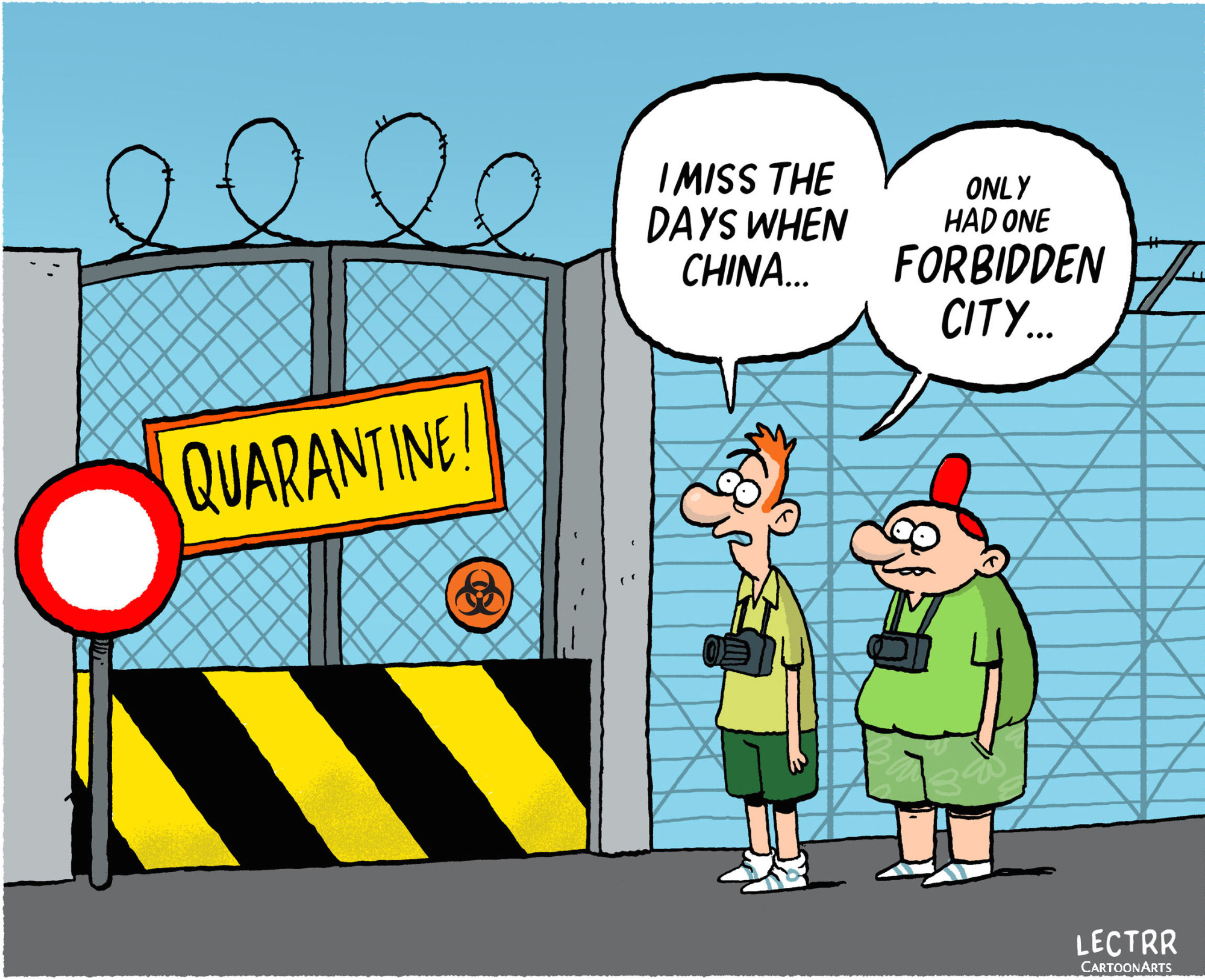Both disasters affected millions of people, well beyond their borders. Both occurred in tightly controlled, socialist, single-party states. Both were initially hushed up by zealous officials. The similarities between the current outbreak of novel coronavirus and a 1986 reactor meltdown aren't lost on Chinese netizens, who have drawn unflattering parallels to Chernobyl in online discussions about a 2019 HBO miniseries on the disaster.
The political inference is clear: After all, the explosions in reactor No. 4 and the bungled aftermath helped unmuffle public debate and accelerate the decline of the Soviet regime. The comparison is flawed, though as Moscow's grip was faltering well before radioactive debris rained down, but Beijing would still be wise to draw lessons from that catastrophe.
It's hard to overstate the proportions of the disaster at Chernobyl, still the worst in civil nuclear history. The reactor's flawed design meant that a technical test, poorly administered, triggered explosions that destroyed its core and released a cloud of radioactive smoke, dust and debris. Fires burned for days. A stifling culture of secrecy, political pressure to hit economic targets, and a simple disregard for human life caused a cataclysm on April 26, 1986.



